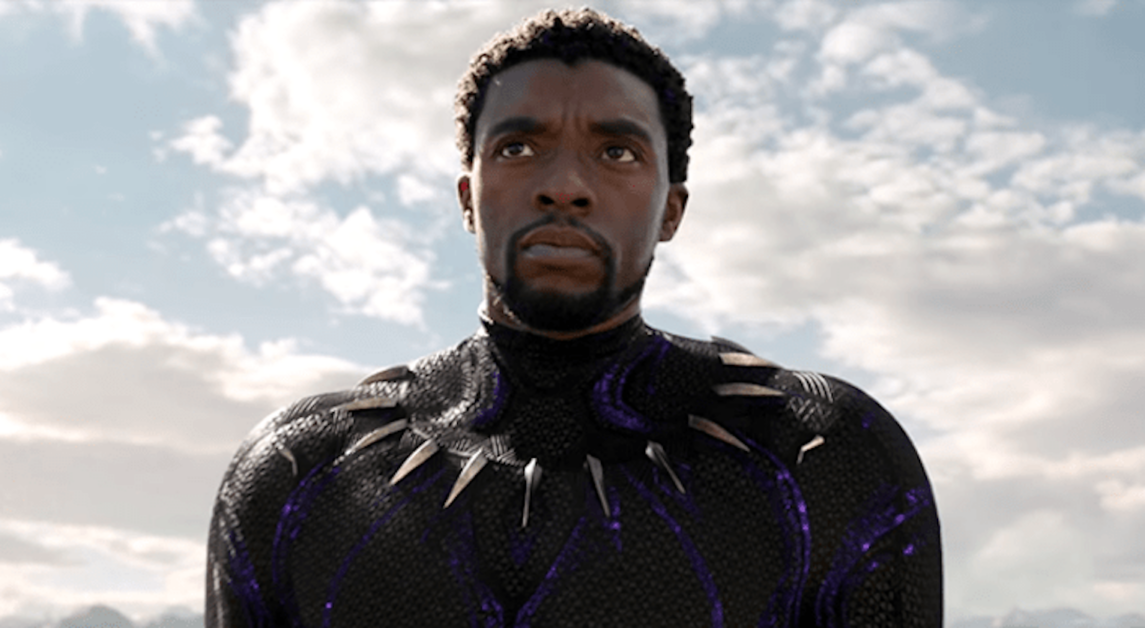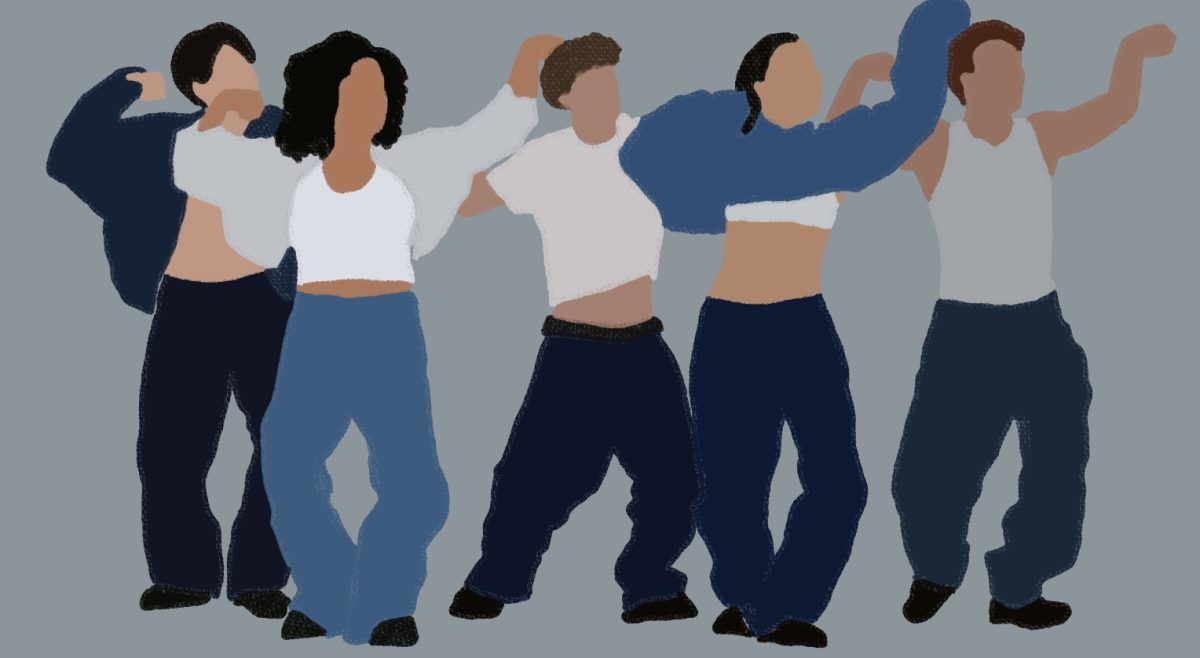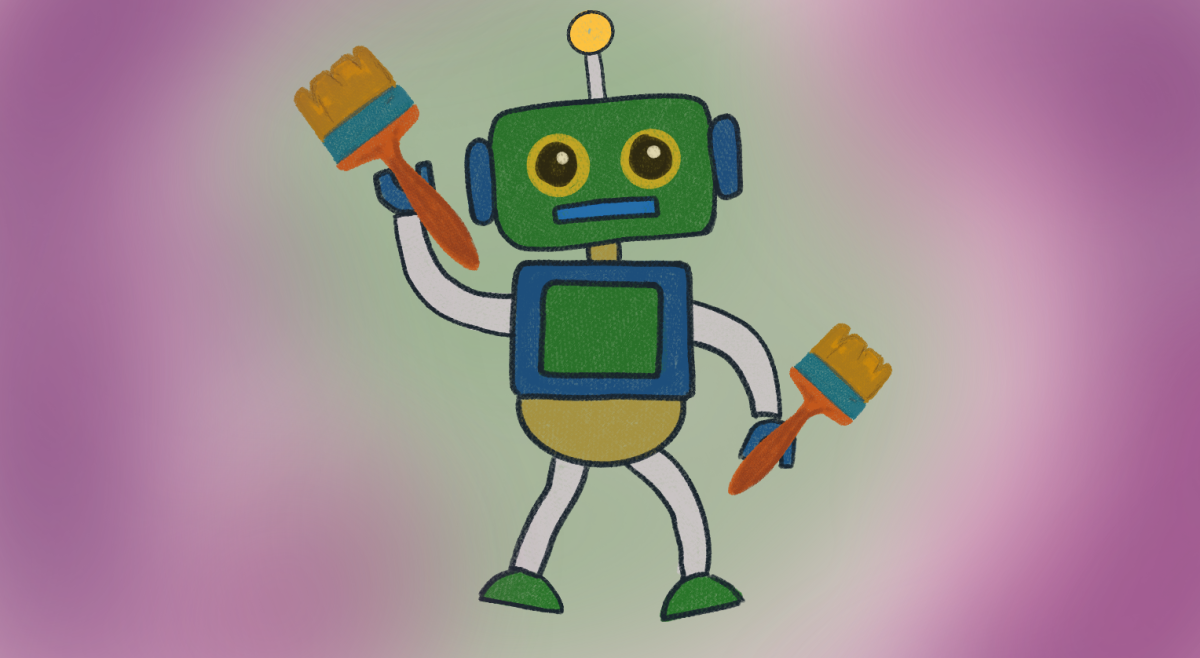As more Black Panther: Wakanda Forever promotion starts to hit my social media stream as its release on Friday approaches, it’s not lost on me that there’s clearly a new Black Panther in Wakanda. The difference? This Black Panther isn’t played by Chadwick Boseman.
Boseman’s death shocked the world in August 2020. The star was diagnosed with colon cancer in 2016—the year he first appeared as the Black Panther in Captain America: Civil War. He appeared as T’Challa, the Black Panther, in four Marvel Cinematic Universe (MCU) movies, and audiences everywhere fell in love with the King of Wakanda.
As a Marvel fan, I was left to wonder what would come of the Black Panther franchise as a whole after Boseman’s death. Would they choose to recast T’Challa, install a new character as Black Panther, or leave the franchise as it was entirely?
I wouldn’t put it past Marvel to have seriously pondered recasting T’Challa. Disney has notoriously chosen to use posthumous footage of Carrie Fisher in Star Wars: The Rise of Skywalker, and Warner Brothers got away with recasting Dumbledore in the Harry Potter franchise after Richard Harris’ death in 2002 with little to no audience awareness.
I felt uneasy at the prospect of a recast, but the buzz following Boseman’s death was that Marvel may have already been searching for its new T’Challa.
Marvel ultimately decided not to recast the character, but the prospect still sent fans into a whirlwind of speculation. Instead, fans must guess which character and actor will step up as Wakanda’s Black Panther since Marvel has kept it under wraps.
To me, there was no way that a recast could work. On a practical note, the MCU was, at this point, too well-established for Marvel to get away with an Edward Norton-to-Mark Ruffalo switch like they did for the Hulk in 2012’s The Avengers.
On a more serious note, though, recasting T’Challa would have been disrespectful to everything Boseman did to build and create the character. T’Challa was Boseman, but Boseman was so much more than T’Challa.
Throughout his career, Boseman embodied numerous powerful Black historical figures for his on-screen roles, including Thurgood Marshall, Jackie Robinson, and James Brown.
“You’re not free unless you can show the good and the bad, all sides of them,” Boseman said in an interview with Shadow and Act. “So to me, when I play a character, it’s important that I can show every aspect of them.”
I followed Boseman throughout much of his filmography during the pandemic and saw truth to that quote in every role he took on. Especially in Black Panther, a viewer can’t deny that Boseman does a wonderful job giving T’Challa range. He created T’Challa to be an empowering hero, complete with depth and vulnerability painted with his strengths and heroism.
When I think of T’Challa, I think of Boseman, and no future iterations of the character could change that.
Boseman’s portrayal of T’Challa also left an impression on broader audiences. The superhero genre has historically been full of straight, white men saving the world, and Black Panther was the first instance in the modern superhero genre that there was a change to that narrative.
This change was refreshing as a viewer, but it was also important to millions of Black Americans who saw Black Panther as a long overdue representation on the screen. Critics and fans alike hailed Boseman for his portrayal of the character, citing how Boseman broke boundaries as T’Challa and inspired a new generation of young people.
I think back to Halloween 2018 when young costumed Black Panthers dominated my hometown’s streets. This year again, Black Panthers flooded my social media getting ready to go trick-or-treating.
Many of them don’t wear the Black Panther masks, though, which speaks to the power that Boseman brought to the character—he wasn’t just another hero who hid behind a mask but someone who was seen first as a powerful man, then as a man with powers.
By now, with Wakanda Forever coming out on Friday, we’ve known that Marvel rightfully made the decision not to recast T’Challa.
Instead, there will be a new character stepping up as Wakanda’s next Black Panther. For me, it comes with a sense of relief, but some fans still argue that Marvel made the wrong decision.
The social media hashtag “#RecastTChalla” picked up traction during the production of Wakanda Forever. I stayed out of the debates, but the people arguing for a recast could have been easily trumped by the simple concept of respecting a legacy.
Lupita Nyong’o, who plays Nakia in the Black Panther franchise, said she believes that Marvel made the right decision to leave T’Challa’s character in peace.
“That is not the death of the Black Panther—that’s the whole point,” Nyong’o said in an interview with The Hollywood Reporter. “It’s laying to rest [T’Challa] and allowing for real life to inform the story of the movies.”
T’Challa can’t exist without Boseman, but the Black Panther can.
By allowing a new character to take on the mantle of Black Panther, the cultural impact of the Black Panther can continue to grow. Yes, there will be a new face under the panther mask, but what Boseman brought to T’Challa doesn’t change with a new interpretation of his character.
A new Black Panther means a new costume—these two iterations of the hero will visually stand out as different based on the sneak peek in the trailer, but their characters will build off each other in important thematic ways. Powerful characters, stunning visual costumes, and important representation can all carry on in the new film, ultimately contributing to Boseman’s work.
When Black Panther: Wakanda Forever releases, I’ll be interested to see who takes over as Black Panther. Personally, I’m expecting the film to follow the comics and have T’Challa’s sister Shuri (Letitia Wright) pick up where her brother left off. I’m confident Boseman’s (and T’Challa’s) exit will be handled with gravity and respect.
Regardless of who becomes the new Black Panther, Boseman shouldn’t and can never be replaced. His legacy will continue to live on in the mind and hearts of the audience, right where it belongs.














